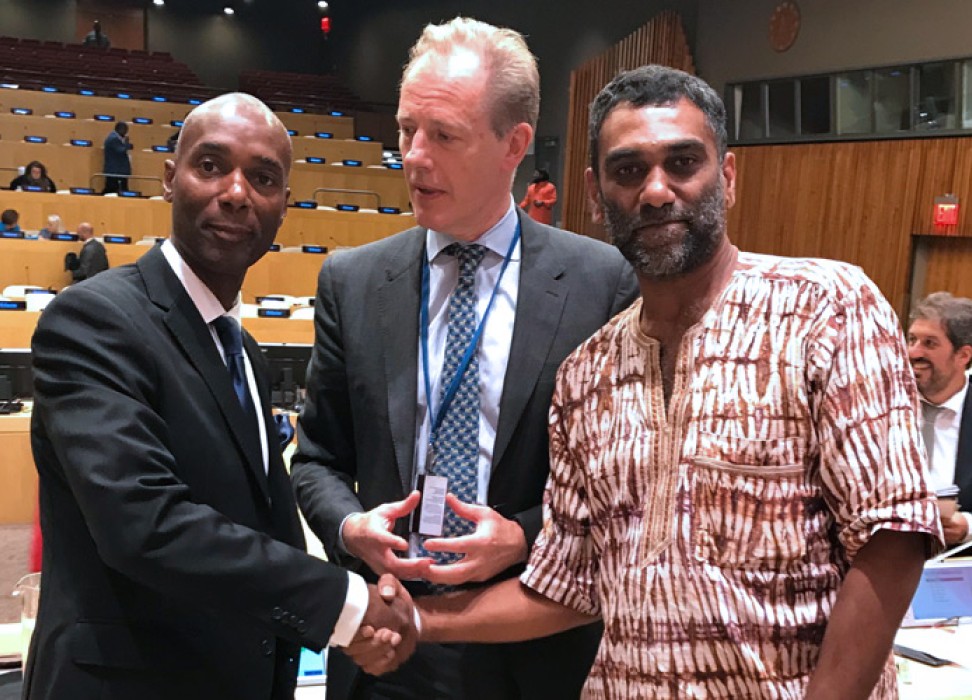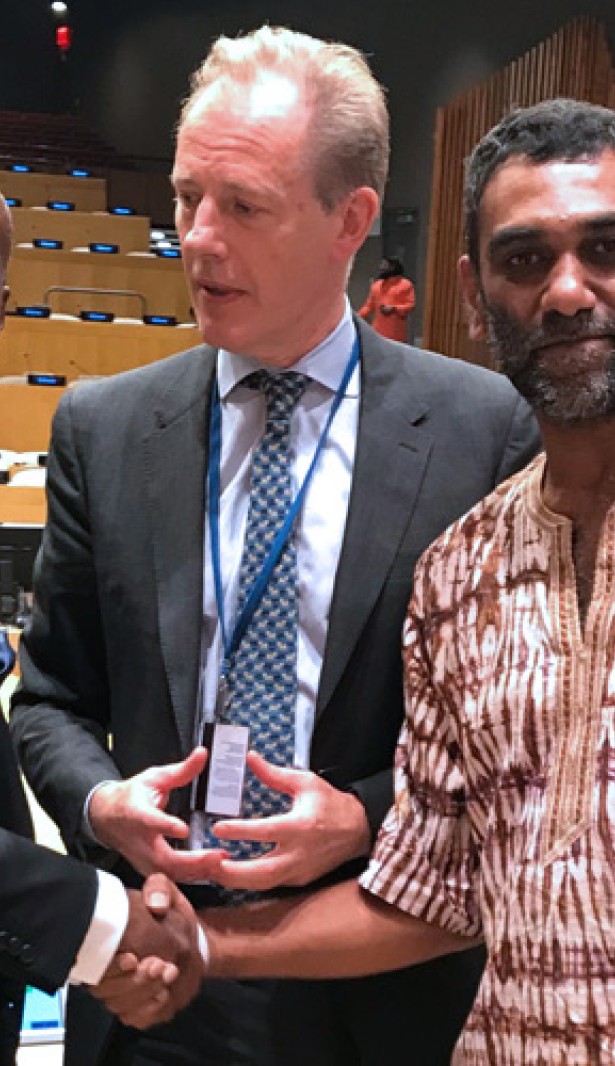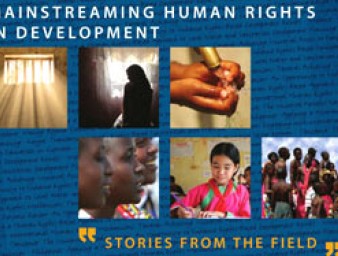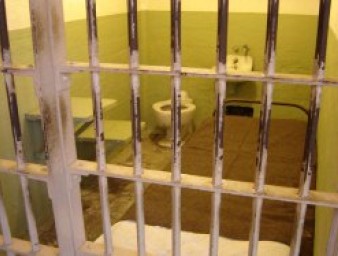Death row ‘reserved for the poor’
16 October 2018

Convicted of a murder he did not commit, Ndume Olatushani spent 20 years on death row in Tennessee, United States. In all, he spent 27 years in jail, “chained and shackled like some imaginary monster”.
“All that time, I never met a rich person sitting on death row,” he told a meeting on poverty, the right to legal representation and the death penalty at the United Nations in New York on 25 September.
Young, black and poor, Olatushani’s fate was virtually sealed the moment he was handcuffed and taken to face trial for murder in Tennessee, a state he had never even set foot in before. He was sentenced to death by an all-white jury despite testimonies that he was, in fact, celebrating his mother’s birthday with family and friends in Missouri on the night of the murder. He was only able to regain his freedom – nearly three decades later – because his family, friends and well-wishers did not abandon his case.
“It is hard to imagine that any sensible person – with any humanity in them – will say that they support a punishment that is going to kill innocent people,” he said.
Philip Alston, the UN independent expert on poverty and human rights, said that the death penalty has got a big sign on it reading “reserved for the poor”.
“The death penalty is reserved for those who cannot buy themselves out of arrest, cannot afford legal representation, cannot afford a decent appeal, and carry no weight in the eyes of the government,” he said.
He emphasized that poverty leads to a violation of a wide range of human rights, calling for a comprehensive approach to address the deeper links between poverty and human rights.
A senior judicial official from Kenya, Mary Ann Njau, said that the majority of the more that 800 people on death row in Kenya as of March 2018 were poor, had little or no education and lived in rural areas, where standards of living are typically lower. Out of 142 male and 25 female death row inmates, only one man and one woman had a university education. The Kenyan Supreme Court has recently imposed limits on the application of the death penalty.
Many speakers pointed out that poor women facing the possibility of a death sentence are even more disadvantaged. “Discrimination based on gender stereotypes, stigma, harmful and patriarchal cultural norms and gender-based violence has, inevitably, a negative impact on women’s access to justice on an equal basis with men,” said Italy.
The UN Human Rights office, other UN entities, several countries from all regions and civil society organizations have been campaigning for the total abolition of the death penalty, leading to the adoption in 2007, with the support of 104 countries, of a historic UN General Assembly resolution on a moratorium on the use of the death penalty.
The resolution calls on States to take measures to abolish the death penalty. The number of countries supporting the resolution had risen to 117 by 2016. Significantly, those voting against the resolution declined from 54 to 40. The latest vote on a moratorium on the use of the death penalty will be taken later this year.
“There have been major positive developments towards the universal abolition of the death penalty with 160 countries having either abolished it or else stopped carrying out executions. However, where executions are still carried out, they disproportionately affect the poor,” said Assistant Secretary-General for Human Rights, Andrew Gilmour. He described Olatushani’s testimony as among the most powerful he had ever heard at the UN.
UN Human Rights chief, Michelle Bachelet, said that human rights draws a direct link between the Sustainable Development Goals (SDGs), poverty, the rule of law, and the use of the death penalty, which is almost exclusively against the poor.
“If we are unable to guarantee that the poor will receive justice when their lives are at risk in the context of the death penalty, how can we hope to provide the rule of law foundation needed to achieve the SDGs?” she said.
Bachelet appealed to governments to support a human rights-based rule of law, saying that this was a fundamental requirement to implement the SDGs, overcome poverty, and protect human rights.
16 October 2018


